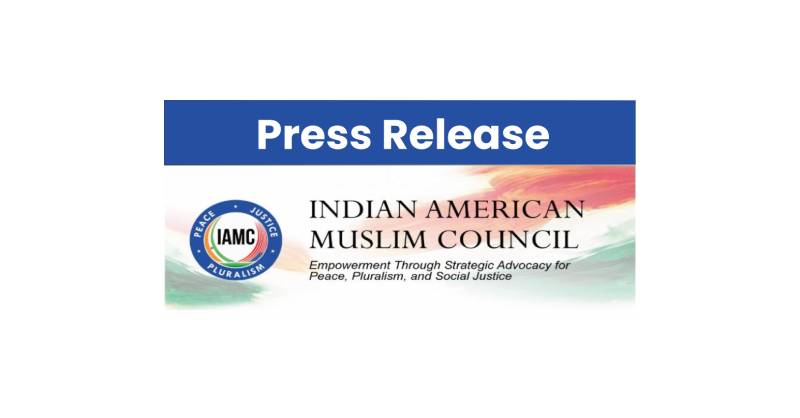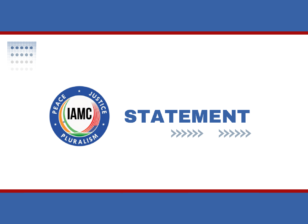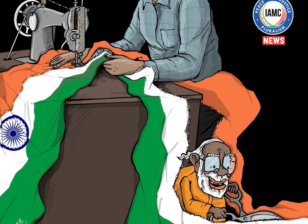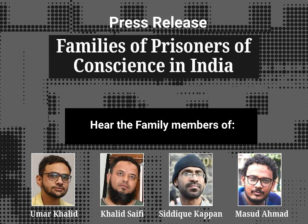Congressional Briefing highlights issue of prisoners of conscience and the intimidation of human rights defenders in India
Eminent activists and lawyers raise awareness about the draconian laws India uses to imprison and intimidate civilians
FOR IMMEDIATE RELEASE
WASHINGTON, D.C., (August 11, 2021) – In a Congressional Briefing today, the Indian American Muslim Council and several other human rights organizations hosted a panel of several esteemed activists and lawyers, who raised awareness on the growing number of prisoners of conscience in India under Modi’s regime. Included on this panel were Vrinda Grover, a Senior Advocate in the Supreme Court of India, researcher, and human rights activist; Dr. Waris Husain, a human rights attorney and adjunct professor at the Howard University School of Law; Suchitra Vijayan, Executive Director of the Polis Project; and Rashmi Singh, an advocate and lawyer practicing primarily in the Supreme Court of India.
Amnesty International defines a prisoner of conscience as “someone who has not used or advocated violence or hatred, but is imprisoned because of who they are, or what they believe (religious, political or other conscientiously held beliefs).” In India today, a growing number of human rights defenders are being arrested for alarmingly frivolous charges, including for giving speeches encouraging peaceful dissent and putting up posters critical of the government. Even more alarmingly, several activists in India have been detained under false or planted evidence. Dr. Husain touched upon this issue: “In some instances, the unauthorized and illegal monitoring of phones is used to collect sensitive private information that could be used to blackmail or publicly malign the character of human rights defenders.”
Once an individual is charged with a crime, often under India’s sweeping anti-terrorism laws, it is of little consequence whether or not the person is innocent. As Ms. Grover stated: “Very often now in India, we hear the phrase ‘the process is the punishment.’ This is a sentence that [people] have suffered without due process or trial. In a country where the Modi regime enjoys a brute majority in parliament, the opposition today is provided by civil society. So targeting them should be understood in that context.”
Dr. Husain added, “Whenever someone speaks against this current ruling administration, they are likely to face social pressure to quiet them and attack their dignity. When it comes to human rights defenders working for the Muslim community, they will be called terrorists; when it comes to defenders working to assist workers or students, they will be called drug addicts…. And the prisoner is not the only target: the government is creating a chilling factor for any young person or student to refrain from human rights advocacy lest they be subject to the same Orwellian justice – or rather, injustice – system.”
Ms. Singh remarked, “Draconian laws such as the Unlawful Activities (Prevention) Amendment Act, 2019 and the NSA are used rampantly by authorities to lock up people who express their dissent and question the policy or laws framed by the government.”
Ms. Vijayan summarized the state of affairs in India: “A state that sees its citizens as an existential threat is not a democracy. We must name the beast in order to fight the beast.”
The Indian American Muslim Council has reiterated its call for the US State Department to declare India as a country of particular concern where religious freedom is severely at risk, and has called on people of conscience around the world to speak out against the rapidly escalating situation with respect to human rights abuses in India.




